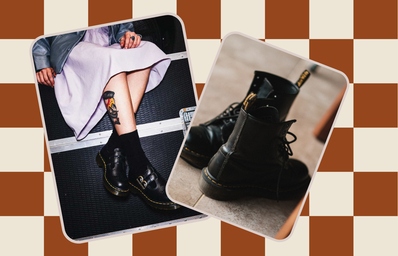It’s that time of year again where every store contains cute sweaters and fall sales are incoming, so the urge to shop is of course, irresistible. While it’s tough to resist fall shopping, doing it sustainably is important to improve ourselves and the environment.
1) thrift, thrift, thrift!
It’s important to start at your local thrift store– donate every old piece that no longer brings you any joy so someone else can fall in love with it too, and while you’re there, hunt for some fashionable finds of your own! Thrifting has taken on a resurgence recently because of the unique, well-priced, and environmentally friendly pieces it has. Plus, it makes a perfect friend date!
2) Avoid fast fashion websites
While websites like SHEIN are tempting to do massive hauls from, these are far from being as wallet-friendly as they may seem– the pieces often aren’t built to last and will need to be quickly replaced in comparison to sturdier and longer-lasting pieces. Buying a few pieces also means you won’t have to deal with the crushing guilt of that one jacket you bought and never wore.
3) choose your trends wisely
While it might be tempting to immediately hop on what’s hot, evaluate each piece you pick carefully– is it something you see yourself wearing in future seasons, even if it goes out of style? Pieces that are timeless and that you love outside their popularity are the least likely to end up in a landfill a year later.
4) upcycle and sew!
Have a hole in your old favorite cardigan? It is surprisingly simple to patch it up instead of buying a brand new one! Style of an outfit no longer speaking to you the way it used to? Turn it into an entirely new one with upcycling! Upcycling has also gained a lot of buzz recently for being a great way to give old pieces new life.
5) change your shopping attitude
During Black Friday and other seasonal sales, stores put a lot of pressure to buy as much as possible while it’s unbelievably inexpensive, but practicing mindfulness and only buying what’s necessary instead of what’s right in front of us is key to staying sustainable.


